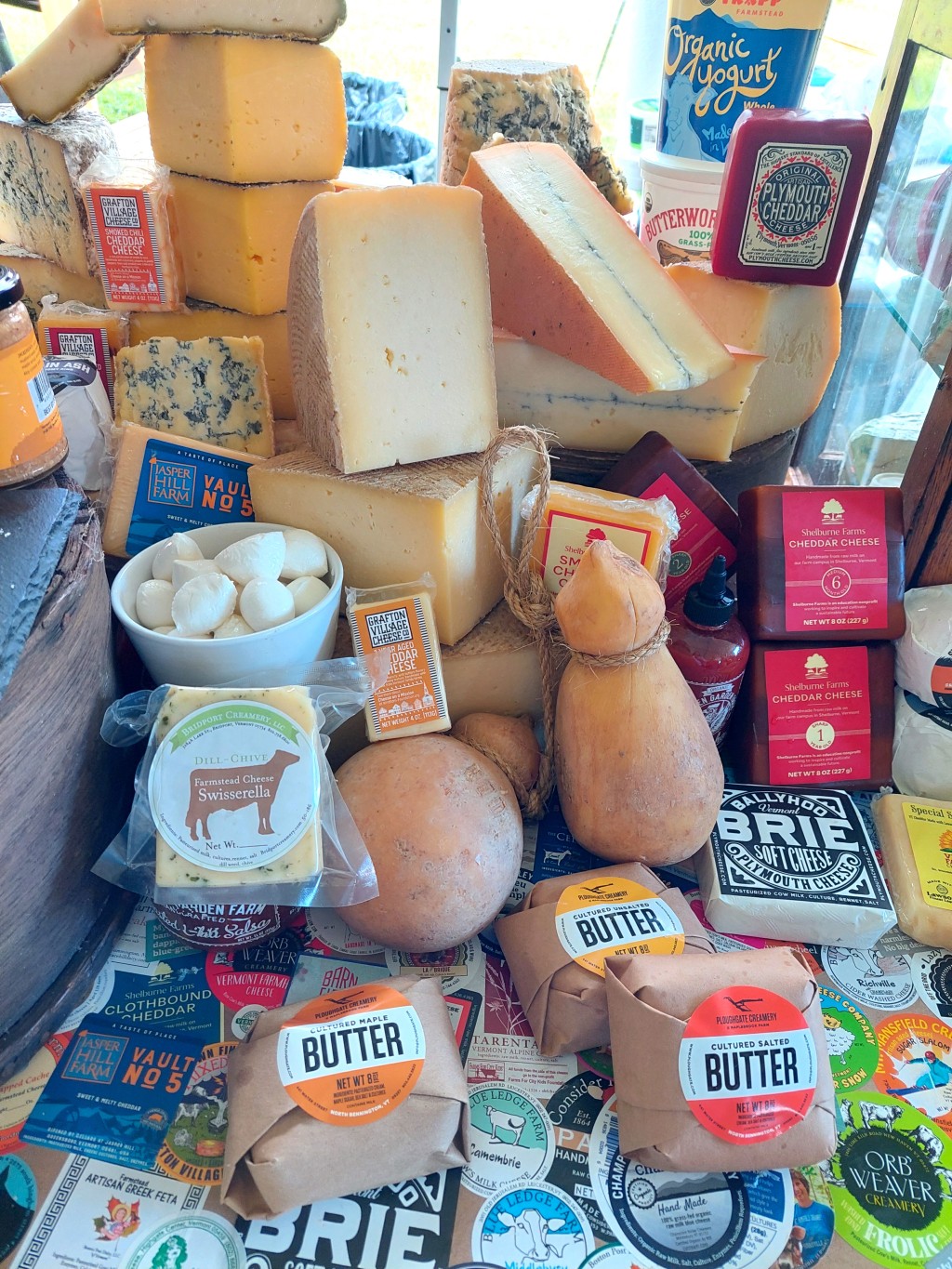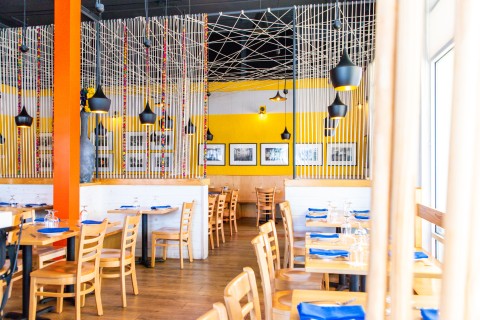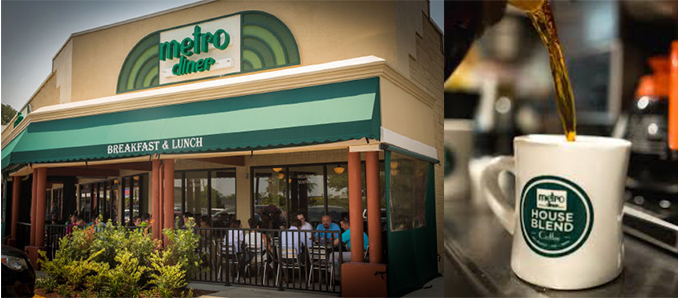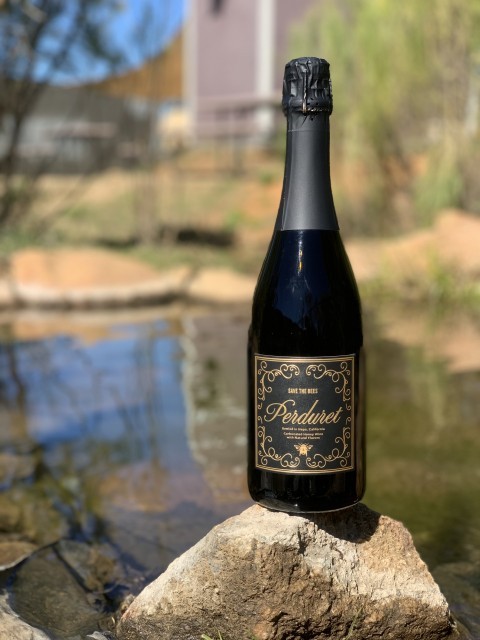One of the world’s oldest foods, cheese has come a long way over the millennia. The numerous variants and textures that are available today make it one of the most versatile ingredients in the culinary world and its popularity is such that there are specialty food festivals dedicated to cheese.
Food & Beverage Magazine Explores the 2023 Cheese Festival
One such event is the annual Vermont Cheesemakers’ Festival (VCF), which is organised by the Vermont Cheese Council (VCC). The 2023 festival – held last month after a three-year pandemic hiatus – was a sold-out event that saw 1,400 attendees showing up at the Highland Center for the Arts in Greensboro, Vermont, for a day of fromage and fun.
Local cheesemakers, artisan food makers and alcoholic beverage producers offered visitors a wide variety of products for sampling, savoring and sale. Established cheesemakers at the event included Shelburne Farms, Cabot Creamery Cooperative, Vermont Creamery, Plymouth Artisan Cheese and the von Trapp Farmstead while newer names such as Ice House Farm, Stony Pond Farm and Cobb Hill Cheese made their festival debut. For non-cheese producers, notable brands on site included the King Arthur Baking Company, Vermont Salumi, Mad River Distillers, Champlain Orchards and Smuggler’s Notch Distillery.
Vermont Creamery introduced a new line of dessert goat cheeses while Cabot Creamery offered award winners including the 5-Year cheddar which recently won a 2023 American Cheese Society Competition award. Shelburne Farms brought several of its award-winning farmstead, raw milk cheeses, including its limited production Clothbound Cheddar which won Best in Show at the 1990 American Cheese Society competition.
In the wide selection of cheeses offered, raw milk cheeses stood out. Raw milk cheeses are defined as being made from milk that has not been heated beyond 40°C (104°F) or undergone any treatment that has an equivalent effect before cheesemaking. Marty Mundy, Executive Director of the VCC, feels many choose this path because the resulting cheese reflects the terroir or feed that the animals eat which leads to a “taste of the place associated with their own dairy farms/milk.”
“Feed and animal management choices are two of the biggest influencers on cheese flavor and quality, and many feel raw milk cheeses give you the most flavorful and direct way to experience that,” Mundy said. “The VCC is fully supportive of raw milk cheeses and it’s one way to taste the farm in the cheeses. We educate producers on raw milk quality and safety and to understand how milk production choices impact cheese and milk qualities.”
Shelburne Farms has been making raw milk cheddar since 1980 but ensures that their cheddars are aged at least 60 days as required by law. Tom Perry, Cheese Sales Manager for Shelburne Farms, feels consumers are becoming increasingly aware of and appreciate the artisanal nature and unique flavor that raw milk provides.
“Folks are becoming more and more interested with the production of raw milk cheese as an ode to traditional methods and the unique diversity of flavor raw milk provides. Our cheesemakers turn fresh milk into raw milk cheddar using just four ingredients: the milk from our pasture-raised herd of Brown Swiss cows, starter culture, rennet, and salt. It’s a physical, hands-on process that requires careful attention to every detail and step,” Perry said.
Perry feels working with raw milk isn’t more challenging than working with pasteurized milk, as long as a strong food safety culture is maintained. Despite their large herd, the Shelburne Farms farmstead operation has control of its milk from field to vat. The dairy team monitors the health of the herd and milk quality, and communicates with the cheese team, providing knowledge to ensure that the brand produces safe, wholesome cheese to sell.
Cheesemaker Lisa Marchetti of Cobb Hill Cheese said that the brand’s cheeses are made with milk from cows that are raised and milked on the property which means the milk is minimally handled.
“It goes from the cows to the bulk tank and is made into cheese within 48 hours. Our cheeses are nuanced depending on the season and the forage that the cows are eating or the hay they are getting in the winter,” Marchetti explained.
The VCC and Agency of Agriculture have also worked to make “Vermont Cheese” a category on cheese shelves. On whether Vermont cheeses have distinct flavors, Mundy said that the cheeses in Vermont do not have the same kind of designation those in Europe do, where cheese from one region may have specific characteristics compared to another cheese from a different region.
“Overall, I’d say there isn’t a specific flavor profile for the full range of cheese products produced but cheddars made in Vermont are known for having more sharpness and bite than some of cheddars produced further westward,” Mundy said.
Read Also: Introducing Chef Erny Lombardo: Climate-Smart Cuisine
The VCC was incorporated in 1996 with 19 original members who wanted to develop a council or guild made up of cheese producers, sellers, suppliers, industry professionals and friends of the Vermont cheese industry. In 2007, The American Cheese Society held its annual conference in Burlington putting the Vermont cheese industry on a national stage for the first time. This kicked off the first event that would eventually become the VCF held at Shelburne Farms. The next festival was held in 2010 and turned over to the VCC in 2011 when the festival began its annual appearance. It has since become a fundraiser to support the council and fund its staff, programs, and events. The VCF is traditionally held at Shelburne Farm’s Coach Barn in Shelburne. However, renovations at the location necessitated the shift to Greensboro this year.








